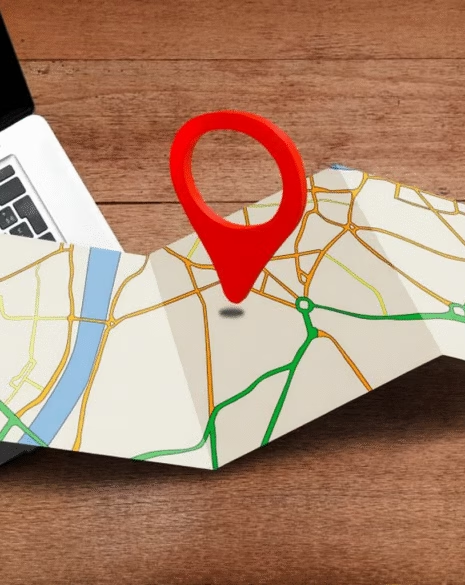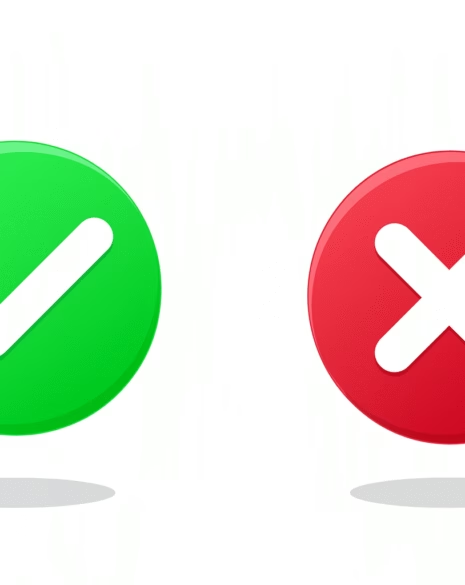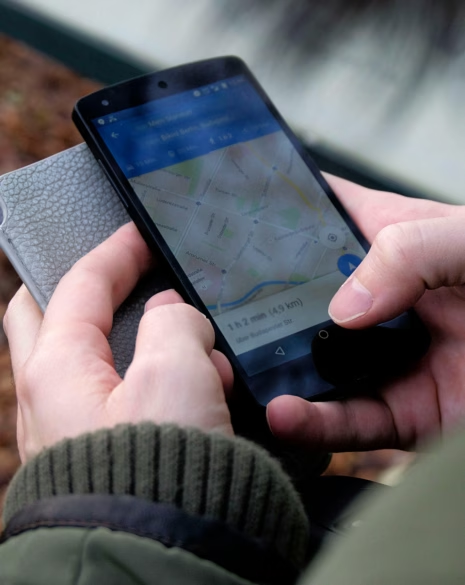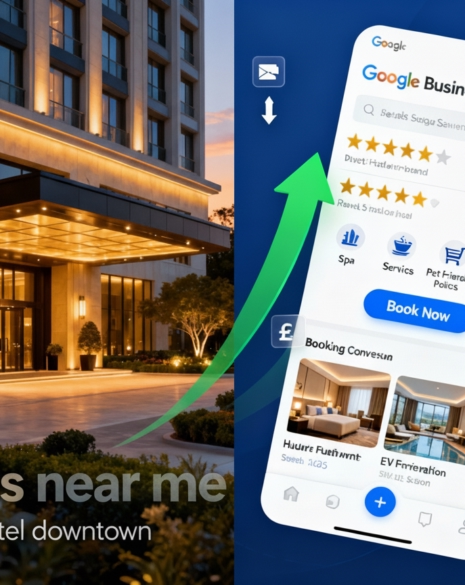A few seconds. That’s all it takes for a potential guest to decide whether your hotel feels like the right choice — or to click away and book elsewhere. And in those crucial seconds, your website speed plays a bigger role than you might think.
A slow hotel website doesn’t just frustrate users. It actively undermines your brand, damages your SEO visibility, and costs you real revenue in lost bookings. In today’s mobile-first, attention-short world, site speed isn’t a technical detail. It’s a bottom-line business issue.
Let’s take a closer look at the hidden cost of a sluggish site — and how you can fix it without compromising your hotel’s brand or experience.
Why Speed Matters More Than You Think
Speed isn’t just about load time. It’s about how fast your site feels. Even a beautifully designed hotel website can feel slow if it lags when images load or buttons don’t respond quickly.
According to Google’s Core Web Vitals, sites that load within 2.5 seconds are considered “good.” But in practice, every extra second dramatically increases bounce rate. Think with Google found that when page load time increases from 1 to 3 seconds, bounce rate increases by 32%. From 1 to 5 seconds? A staggering 90%.
When your site is slow:
- Guests perceive your brand as outdated or unreliable.
- Mobile users — who now make up the majority of hotel traffic — are the most likely to bounce.
- Your SEO rankings drop as Google factors speed into both desktop and mobile search results.
And all of that adds up to fewer direct bookings.
How Site Speed Impacts Direct Bookings
Speed is a trust signal.
When a potential guest clicks “Book Now” and the page takes 4 seconds to load — or worse, jumps them to a disjointed third-party booking engine — the emotional momentum is lost. And so is the booking.
Guests who feel even the slightest hesitation are far more likely to abandon their booking and look elsewhere. At Formula, we often see hotels lose up to 25–40% of potential direct bookings due to avoidable speed and UX issues.
Slow sites also create decision fatigue. If browsing room types or special offers takes too long, guests either stop exploring or choose the simpler (but often more expensive) OTA route instead.
How to Tell If Your Hotel Website Is Slow
Many hoteliers assume their site speed is “fine” because it looks okay on their own desktop connection. But performance varies dramatically based on device, location, and network speed — especially for mobile users.
To get a real sense of your performance, run tests using tools like:
- GTmetrix
- Google PageSpeed Insights
- Chrome Lighthouse audits (built into the browser)
Pay attention to:
- Largest Contentful Paint (LCP) – how long it takes for your main visual content to load.
- First Input Delay (FID) – how fast your site responds when someone clicks or scrolls.
- Cumulative Layout Shift (CLS) – whether elements unexpectedly move as the page loads.
If your mobile scores are in the red or amber zones, it’s time for action.
What Slows Down Hotel Websites?
We’ve worked with dozens of hotels at Formula, and the causes of slow site speed are often hidden in plain sight:
- Outdated or bloated CMS themes — Some WordPress templates prioritise design over performance, loading unnecessary scripts and styles.
- Heavy image files — High-resolution imagery is vital in hospitality, but uncompressed or oversized files can drastically slow down load times.
- Third-party scripts — Chat widgets, popups, analytics, social feeds… they add up fast.
- Inefficient booking engine integration — If your booking flow takes users off-site or to an unstyled subdomain, you lose continuity and speed.
And sometimes, it’s simply poor hosting. Budget shared hosting often can’t handle the performance demands of modern hotel websites.
How to Fix It Without Sacrificing Design
The good news? You don’t need to gut your entire site to fix speed issues. Here’s where to start:
- Use a performance-optimised theme or custom build
Many off-the-shelf designs prioritise visuals over functionality. Consider switching to a lightweight theme, or speak to an agency about a custom WordPress build that’s tailored for speed. - Optimise your images
Use next-gen formats like WebP, compress images using tools like TinyPNG or ShortPixel, and implement lazy-loading so content only loads as users scroll. - Upgrade your hosting
If your site is slow even after optimising assets, your server could be the culprit. We recommend providers like Kinsta or SiteGround that offer built-in CDN, caching, and scalable resources. - Audit your scripts and plugins
Strip out anything you don’t need. Prioritise essential functionality and defer loading for non-critical elements. - Rethink your booking engine integration
Wherever possible, ensure your booking journey is styled to match your site and loads quickly — ideally embedded within your domain using seamless API integrations.
Final Thought: Speed is a Brand Experience
At the end of the day, your hotel website isn’t just a brochure — it’s your digital front desk. And when it’s slow, clunky, or frustrating, it sends the same message as a long queue at check-in: we’re not ready for you.
Optimising for speed isn’t just a tech fix — it’s a guest experience upgrade. And it can have a measurable impact on your revenue, SEO, and brand reputation.
If your site is underperforming, speed might be the silent killer. Let’s fix that.
